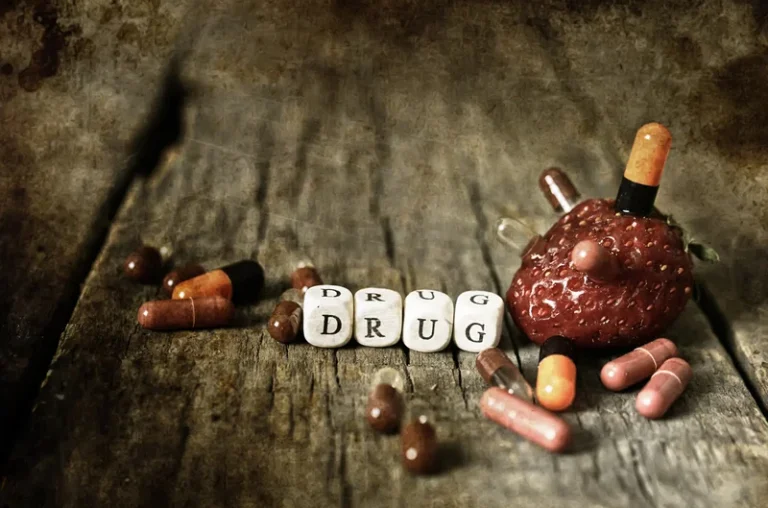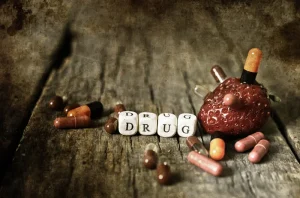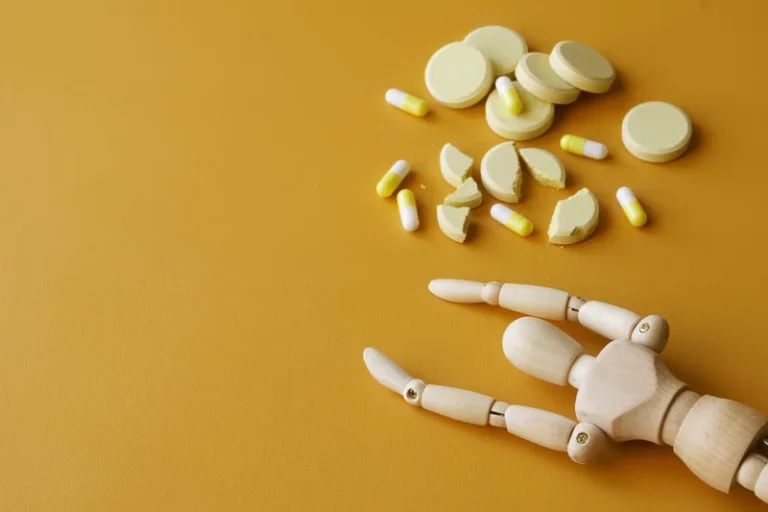
However, other studies found that long-term alcohol consumption aggravates renal fibrosis, which may be related to epithelial mesenchymal transdifferentiation and fibrosis induced by ethanol 33,47,56. For men, heavy alcohol use is defined as more than four drinks in a single sitting or more than 14 drinks Drug rehabilitation in a week. For women, heavy drinking is defined as drinking more than three drinks in a single sitting or more than seven drinks in a day. It is important to remember that someone who is an older adult or has health problems may be more susceptible to the effects of alcohol than the general population.
- CYP2E1 is of particular interest when thinking about potential mechanisms for alcohol-related kidney damage.
- The Centers for Disease Control estimates that most adults (2 out of 3) in the U.S. consume alcohol.
- For women, heavy drinking is defined as drinking more than three drinks in a single sitting or more than seven drinks in a day.
Alcohol intake and the risk of chronic kidney disease: results from a systematic review and dose–response meta-analysis

Imaging studies such as ultrasound or CT scan may show damage to the liver. Your doctor can also refer you to a liver specialist where an in-office procedure called vibration-controlled elastography can be performed. This test is non-invasive, quick and gives an approximate estimate as to how much liver damage someone may have. This 13-year cohort study revealed that participants with social or regular drinking habits had significantly reduced risk of the development of CKD when compared with non-drinkers. Although the mechanism of alcoholic myopathy is not fully understood, it is likely that disruption of mitochondria-related energy homeostasis is important in promoting muscle cell (myocyte) injury (Eisner et al. 2014). In severe cases, dialysis may be necessary to help replace kidney function until the kidneys are able to recover—the chances of developing kidney disease increase with every AKI episode.
Caron Outpatient Treatment Center
When alcohol suppresses normal vasopressin levels, your kidneys will increase urine production to higher levels. High urine output (called diuresis) occurs, increasing strain on how does alcohol affect kidneys the kidneys by forcing them to alter their normal levels of function. According to the National Institute on Alcohol Abuse and Alcoholism, moderate drinking is defined as no more than one drink per day for women and no more than two drinks per day for men (29). Moreover, even if alcohol may help prevent kidney cancer, it can increase the risk of developing other cancers.
How Alcohol Affects Your Kidneys: Short- & Long-Term Effects

Such modified phospholipids may in turn activate immune cells called neutrophil granulocytes, which further aggravates oxidative stress, promoting a vicious cycle (Latchoumycandane et al. 2015). In turn, heavy alcohol consumption is implicated in the development of these cardiac diseases, with chronic, heavy drinkers at higher risk than those who consume small to moderate amounts of alcohol. Other studies found that alcohol combined with energy drinks, caffeine, or soft drinks can disturb the physiological redox reaction and cause lipoperoxidation in the liver and nephrotoxicity 30,118. Furthermore, drinkers often like to eat more pickled food and eat less vegetables and fruits, which increases the consumption of salt and cholesterol 119. Hu et al. found that people who consume high levels of alcohol may have poorer-quality diets than never drinkers and light-to-moderate drinkers; however, the protective effects of alcohol consumption are not offset by their unhealthy diets 83.
It has been found that alcohol has an effect on both heart rate and blood pressure. Low doses of alcohol have little to no effect on heart rate or blood pressure. In contrast, excessive amounts of alcohol may affect blood pressure levels. Kaartinen et al. found that an abnormal immunoreaction may be related to acetaldehyde, the first metabolite of ethanol, which can form covalent adducts with different proteins to activate the immune response49. Therefore, the effect of ethanol on renal antioxidant capacity varies with the concentration of ethanol and the duration of stimulation.
- According to the World Health Organization report in 2016, about 43% of the world’s population over 15 years old reported drinking in the past 12 months1.
- However, excessive alcohol consumption has become a worldwide problem.
- Although different studies have shown opposite results for the effects of NO and NOS activity with alcohol consumption 19,39,46,47, they came to a similar conclusion that NO and NOS play important roles in glomerular endothelial cell injury.
- Dr. Singh completed his internal residency at Geisinger Medical Center and fellowship in nephrology at SUNY Upstate Medical University in Syracuse, New York.